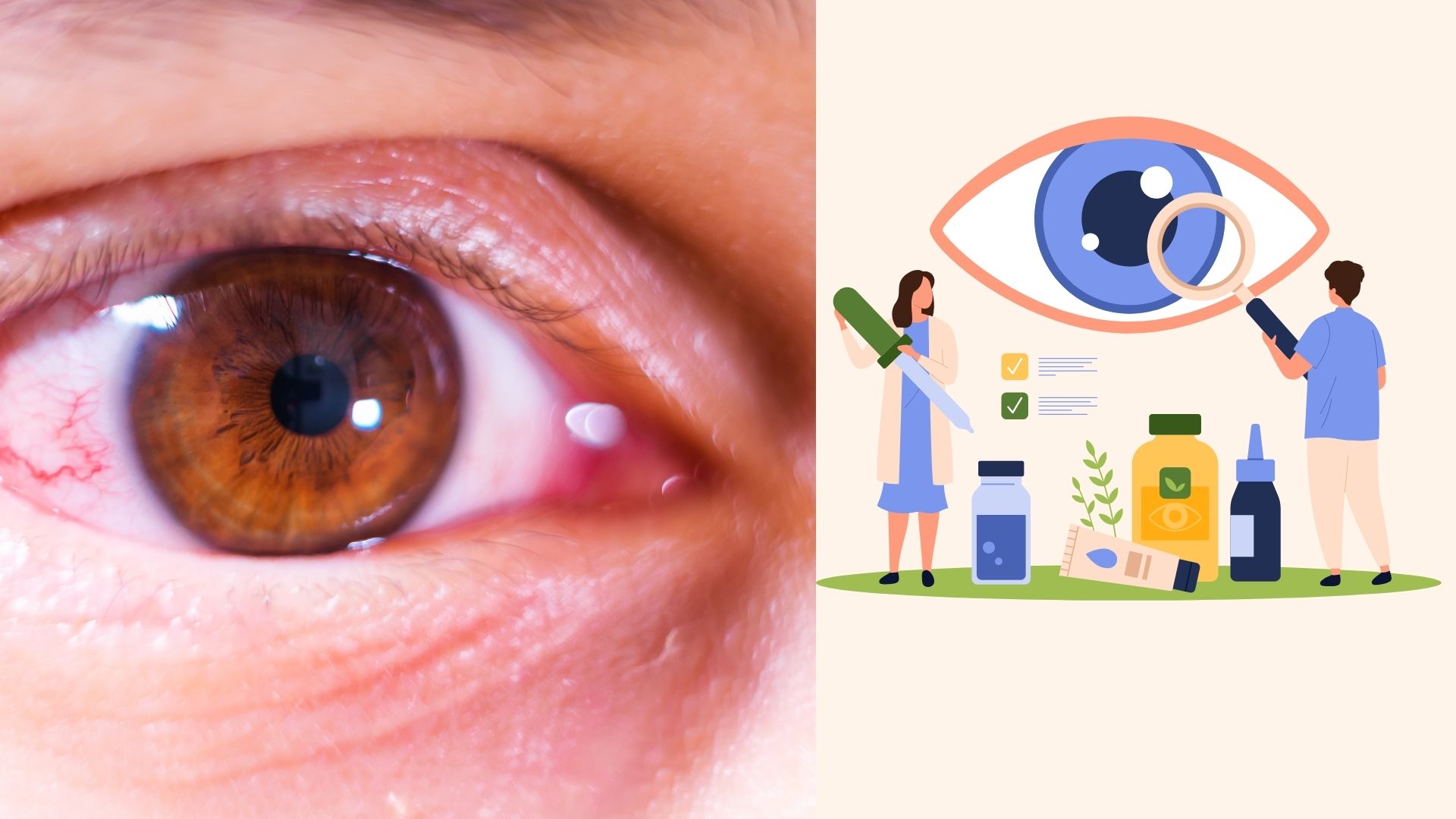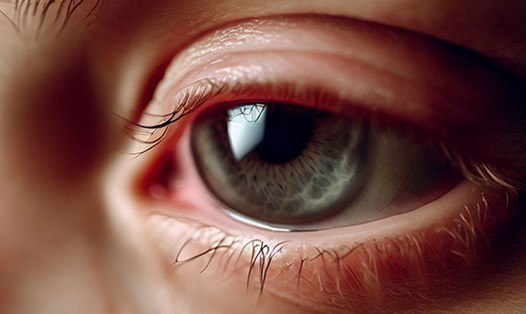Omega-3 fatty acids
Omega-3 fatty acids may help reduce symptoms of dry eyes. They help reduce inflammation and increase production, improving tear quality.

Caffeine
Caffeine, found in coffee, black tea, and green tea, is a stimulant that helps keep you more alert. Although it can cause mild dehydration, caffeine also stimulates tear production, helping to reduce dry eyes.
Antioxidants
Antioxidants protect cells from damage, help improve tear production and reduce symptoms of dry eyes.
Vitamin C
Vitamin C (ascorbic acid) is a water-soluble vitamin that protects cells, maintains healthy skin, blood vessels and bones.
The protective tear lining and eye oil contain vitamin C. Vitamin C helps protect the eyes from pollution and other compounds. Vitamin C in foods and supplements helps improve tear production.
Vitamin E
Vitamin E is a fat-soluble antioxidant that protects the eyes, especially the retina, and helps maintain the tear film. It is found in sunflower oil, rum tree oil, soybean oil, almonds, peanuts, pumpkin and spinach.
Vitamin A
Vitamin A is essential for eye health. Vitamin A deficiency can cause dry eyes and wheezing. Increasing vitamin A (in foods or multi-fyster tablets) can reduce symptoms and improve tear quality.
Vitamin D
Vitamin D is a fat-soluble vitamin that can be created when exposed to sunlight. Vitamin D deficiency can cause dry eyes and reduce tear production. Increasing vitamin D (through sunlight or foods like fatty fish, fortified milk) can improve this condition.







